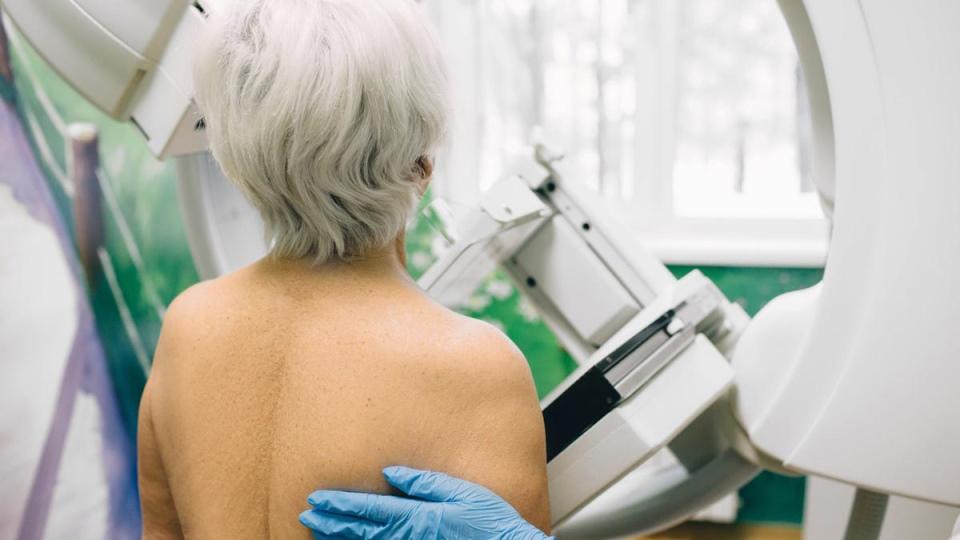Generic breast cancer drug cleared for prevention in England

Almost 30 years after it was first licensed as a treatment for breast cancer, aromatase inhibitor anastrozole has been cleared for preventive use in women at high risk of developing the disease in England.
The new approval by the Medicines and Healthcare products Regulatory Agency (MHRA) means that tens of thousands of post-menopausal women at moderate or high risk of breast cancer could now be eligible for treatment with anastrozole, which in trials has been shown to reduce their risk of developing the disease by almost 50%.
Unusually, anastrozole has been recommended for this use by England’s health technology assessment agency NICE since 2017, but, because that advice came ahead of formal MHRA approval for the prevention use, uptake by the NHS has remained low.
NHS England welcomed the decision, saying that anastrozole could be an option for around 289,000 women and, if a quarter of them take the drug, it could help prevent around 2,000 cases of breast cancer at a saving to the health service of around £15 million ($18.5 million) in treatment costs alone.
First patented in the 1980s, anastrozole was originally brought to market by AstraZeneca under the Arimidex brand name and became available as a low-cost generic more than a decade ago. AZ sold off rights to the brand in 2019.
The prevention use has resulted from a drug repurposing programme led by NHS England seeking new uses for established medicines, and anastrozole is the first medicine to emerge from that effort, which launched in 2021.
Women worried about their risk of developing breast cancer - for example, if they have a family history of the disease - can contact their GP and request a referral to see if they could be eligible for preventive use of anastrozole.
Lesley-Ann Woodhams (61), who was offered anastrozole off-label for the prevention of breast cancer due to being at increased risk and having a family history of the disease, said it was an “easy decision” to take the drug. She has just completed five years of taking the drug as a once-daily tablet.
“I’d watched my mum battle breast cancer and my risk was very high,” she said. “Anastrozole reduced my risk of developing breast cancer, meaning I could live a life without constantly worrying or giving a thought to what could be if I’d developed breast cancer.”
Breast cancer remains the most common cancer in England, with 47,000 people being diagnosed each year. However, thanks to advances in screening, treatment, and care alongside NHS awareness campaigns, more women are surviving the disease than ever before.
Baroness Delyth Morgan, chief executive at Breast Cancer Now, said that the licensing is “a major step forwards that will enable more eligible women with a significant family history of breast cancer to reduce their chance of developing the disease.”
She added that it also endorses the benefits of the repurposing programme, which “paves the way for improving access to risk-reducing drugs.”













